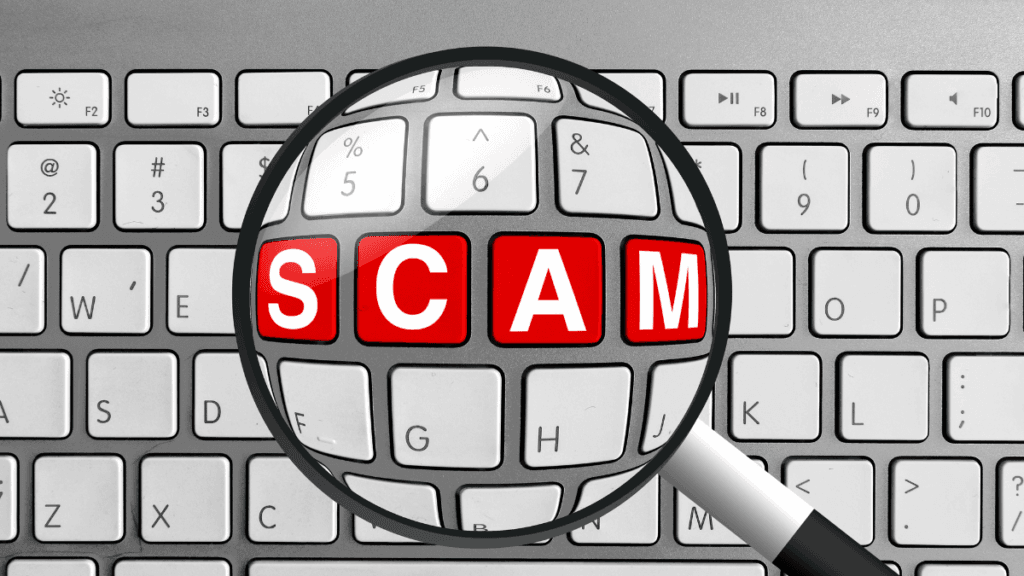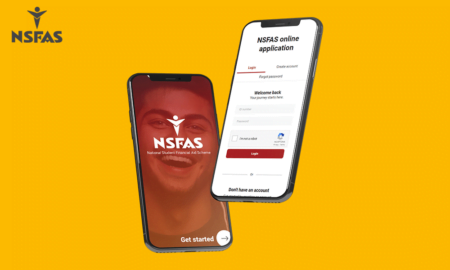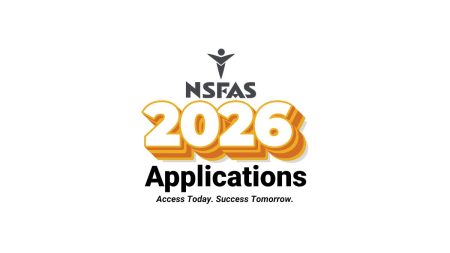The National Student Financial Aid Scheme (NSFAS) plays a vital role in ensuring that students from financially disadvantaged backgrounds in South Africa can pursue higher education. Unfortunately, alongside the opportunities NSFAS provides, scams and fraud related to this funding have become increasingly prevalent. Fraudsters target unsuspecting students and their families, attempting to steal personal information, funds, or cause financial losses.
Understanding how these scams work and how to protect yourself from falling victim is crucial for anyone engaging with NSFAS. This article outlines the key ways to protect yourself from NSFAS scams and fraud.
Understanding NSFAS Scams
Before diving into how to protect yourself, it’s important to understand the common forms of NSFAS scams. Fraudsters often impersonate NSFAS officials, promising assistance with applications, funding, or access to money. These scams can take many forms, including phishing emails, fake websites, fraudulent phone calls, and social media offers. In some cases, students may be asked to provide their personal information or make payments upfront to receive funding, which is, in reality, a trap designed to steal sensitive data or money.
1. Recognize the Common Types of NSFAS Scams
NSFAS scams come in various forms. Some of the most common scams include:
Phishing Emails
Fraudsters may send emails claiming to be from NSFAS, requesting your personal details such as your ID number, banking information, or login credentials for the NSFAS portal. These emails often look official, but they may contain errors, such as poor grammar or suspicious links.
Fake Websites
Some scammers create fake NSFAS websites that appear almost identical to the official NSFAS portal. They may ask you to log in and enter sensitive information, which they can use to commit identity theft or financial fraud.
Fake Social Media Accounts
Fraudsters often use social media platforms to impersonate NSFAS or officials from higher learning institutions. They might offer services such as faster processing of NSFAS applications or guaranteed funding in exchange for a fee.
Impersonation Calls
Scammers may also contact students by phone, claiming to be NSFAS representatives. They might ask for personal details, or tell students they need to pay a fee to receive funding, or even to “speed up the processing” of their application.
2. Official Communication Channels
To protect yourself, always remember that NSFAS has official communication channels, and you should only trust information received through these verified methods. Here’s how to recognize and handle legitimate communication from NSFAS:
- Official NSFAS Website: Always check the official NSFAS website for updates, announcements, or any official information. The URL for NSFAS is www.nsfas.org.za. Make sure the website address is correctly typed, and look for the “HTTPS” security indicator.
- NSFAS Contact Numbers: NSFAS will never ask for payment or confidential details through an unsolicited phone call. Their official helpline is 08000 06787. If you receive a call asking for sensitive information, hang up and contact NSFAS directly.
- Official Social Media Accounts: NSFAS has official social media profiles on platforms like Twitter, Facebook, and Instagram. Ensure you follow only verified accounts (check for blue verification ticks).
- Email Domains: Official NSFAS emails come from “@nsfas.org.za” domains. Be wary of emails from suspicious or generic email addresses.
3. Never Share Personal Information
NSFAS will never ask for your personal details (like your banking credentials, PINs, or password) via email or over the phone. When dealing with financial aid, you should always protect your identity.
- Sensitive Information: Never share your ID number, password, banking details, or any other sensitive personal information with anyone who contacts you unsolicited.
- Verification of Calls/Emails: If you receive an unsolicited email or call claiming to be from NSFAS and requesting your personal information, verify it by contacting NSFAS directly through their official channels. Do not use any contact details provided in the suspicious message.
4. Look for Red Flags
Scammers use urgency, promises of guaranteed funding, and requests for money to lure victims. Be cautious if you notice any of the following red flags:
- Requests for Payment: NSFAS does not charge a fee for applying for funding. If you are asked to pay money upfront to access funding or for any part of the application process, it is almost certainly a scam.
- Too Good to Be True Offers: Scammers may promise instant approval or “special” funding that can bypass the official NSFAS application process. If an offer sounds too good to be true, it probably is.
- Urgency and Pressure: Scammers often create a sense of urgency, claiming that you must act quickly or miss out on funding. Genuine organizations will not pressure you into making decisions quickly or without adequate time to verify information.
5. Secure Your Accounts and Devices
Protecting your personal information starts with securing the devices you use to access your NSFAS application:
- Strong Passwords: Use strong, unique passwords for your NSFAS account and any other financial platforms. Avoid using easily guessable passwords, such as your birthdate or common words.
- Enable Two-Factor Authentication (2FA): If available, enable two-factor authentication on your NSFAS account for an added layer of security. This requires you to provide additional verification (usually through your phone) when logging in.
- Antivirus Software: Install and regularly update antivirus software on your devices to guard against malware or phishing attempts that could compromise your information.
6. Report Suspected Scams
If you come across a suspected NSFAS scam, report it immediately. The quicker you act, the better chance there is of stopping the fraud from affecting others.
- NSFAS Reporting: Contact NSFAS directly through their official contact channels to report suspicious activity. You can also report the scam to your institution’s student services department.
- South African Police Service: If you’ve fallen victim to a scam, report it to the South African Police Service or your local Consumer Protection office to help prevent further fraud.
7. Educate Yourself and Others
Finally, staying informed is one of the best ways to protect yourself and others from NSFAS scams. Regularly check NSFAS’s official website for updates on the latest scams. Educating your peers and family about the signs of fraud can also help protect the community from falling victim to scammers.
Check also: 2025 NSFAS N+ Rule: How to Calculate Your Remaining Years of Funding
NSFAS scams and fraud are serious threats to students seeking financial aid for their education. However, by recognizing the signs of scams, securing your personal information, and using only official channels for communication, you can significantly reduce the risk of falling victim. Stay cautious and proactive in protecting yourself, and always remember that NSFAS will never ask for personal information or payment through unverified means. With the right knowledge and vigilance, you can safely navigate the world of NSFAS funding without falling prey to fraud.










